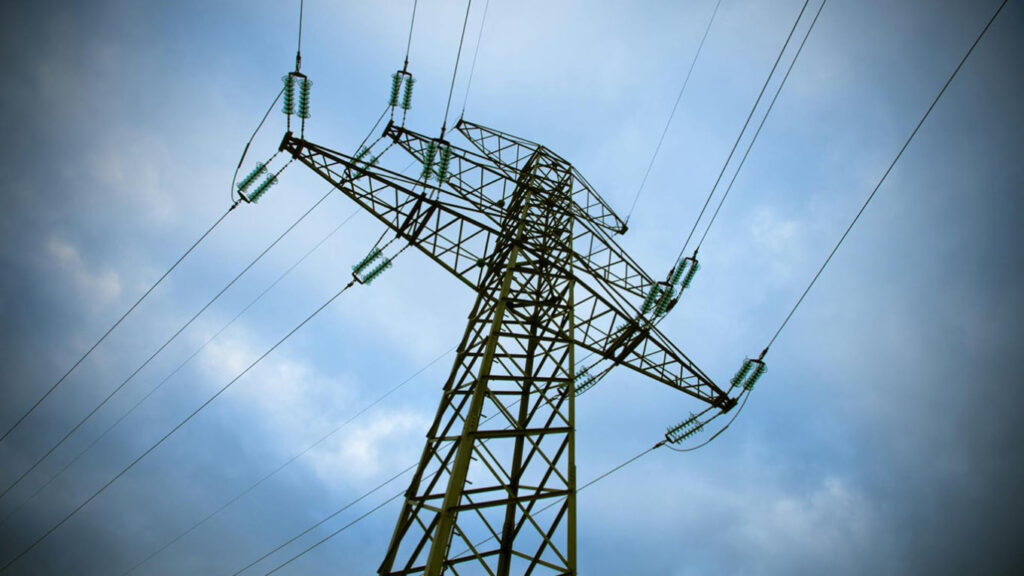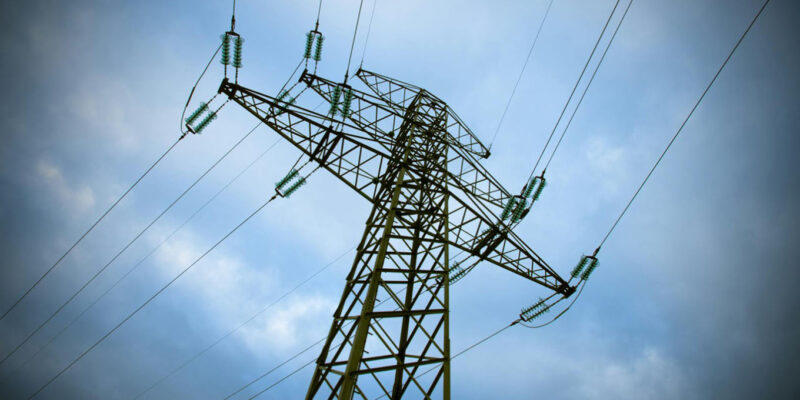
In a historic shift, the Baltic states of Latvia and Lithuania will officially disconnect from Russia’s electricity grid on Sunday, completing their integration into the European Union’s power network.
The move marks the end of the region’s reliance on the Soviet-era Brell system, which has linked the Baltics to Russia and Belarus since the end of World War II. The transition comes amid growing concerns over energy security, as tensions persist between Russia and Ukraine.
Despite ceasing electricity trade with Russia following Vladimir Putin’s full-scale invasion of Ukraine in 2022, the Brell system remained essential for balancing regional energy supply and demand. Now, Latvia and Lithuania will fully synchronize with the EU grid via Poland, strengthening their energy independence.
“We are integrating into the biggest synchronous zone in the world,” said Lithuania’s Energy Minister Žygimantas Vaičiūnas. “This is not only a technical milestone but also a historic and symbolic step.”
To mark the occasion, European Commission President Ursula von der Leyen will join Baltic leaders in Vilnius, Lithuania, for a celebration of the long-anticipated transition. Sonya Twohig, secretary-general of the EU association of transmission system operators, called the move a “momentous occasion” for the region.
Countdowns to disconnection have been prominently displayed on Baltic transmission system operators’ websites, underscoring the significance of achieving full energy independence from Moscow. The official switch-off from Brell will take place on Saturday, solidifying the Baltic states’ long-sought integration into Europe’s electricity market.

Comments